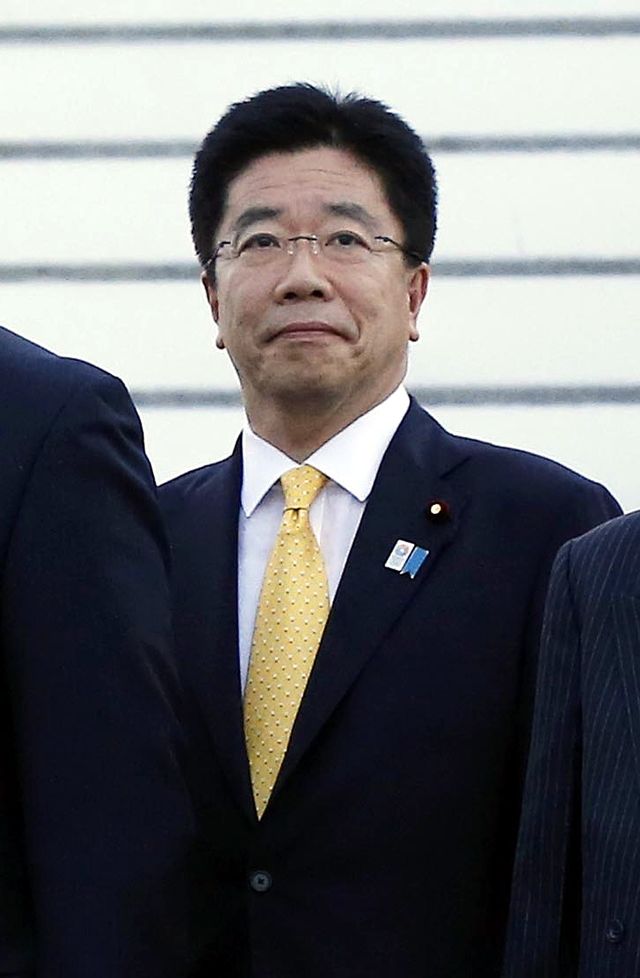
Japan could be slipping back into a recession. Thankfully, this is unlikely to have a negative effect on America’s economy but internationally, concern is expected to increase. The reason America is less likely to be impacted is two-fold: a mere 4.1 percent of American exports go to Japan and the falling value of the yen vis-à-vis the dollar which results in cheaper Japanese imports in America. Experts predict at most, a decline of around a tenth of a percentage point.
The regions that could be negatively affected however is Europe and China; areas that are already dealing with the challenges of slow economic growth.
Japan’s disappointing performance may be connected to the escalation in its sales tax. This was somewhat substantial – an increase of 5 to 8 percent. While it did help in reducing the overwhelmingly large budget deficit, it simultaneously had the negative impact of making consumer spending less appealing. Clearly, the economy just wasn’t up to this kind of move.
Shinzo Abe, Japan’s Prime Minister last year put money into the fiscal system, lowering interest rates through bond purchases last year. At that time, the region encountered a peak, following a stagnation of over two decades. But now, growth in the economy has weakened to around 1.5 percent.
Perhaps Abe needs to do a bit of what he did a year ago to get the region back on track.





